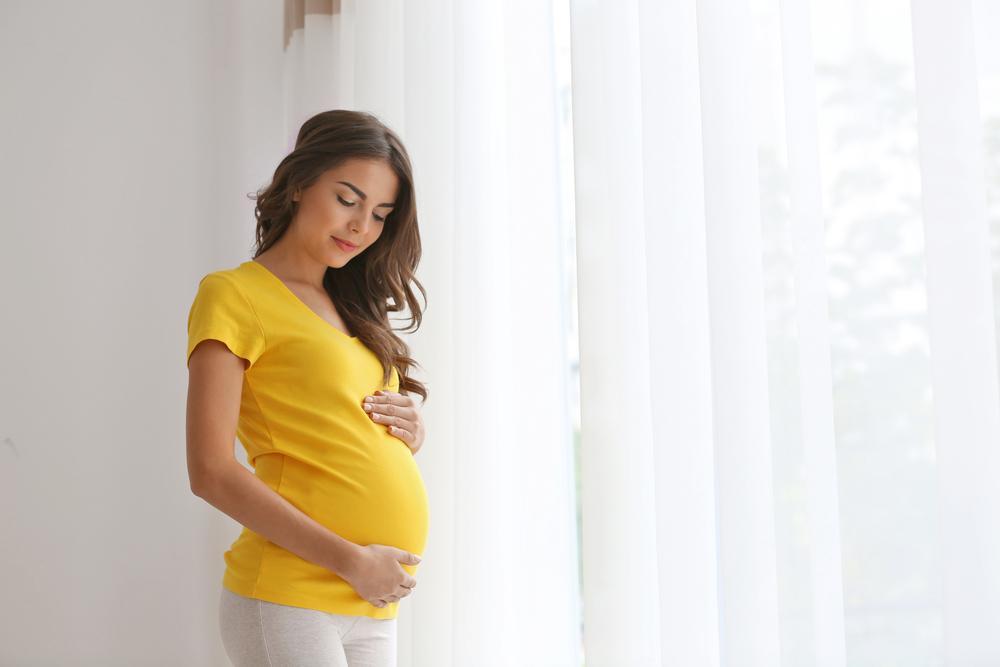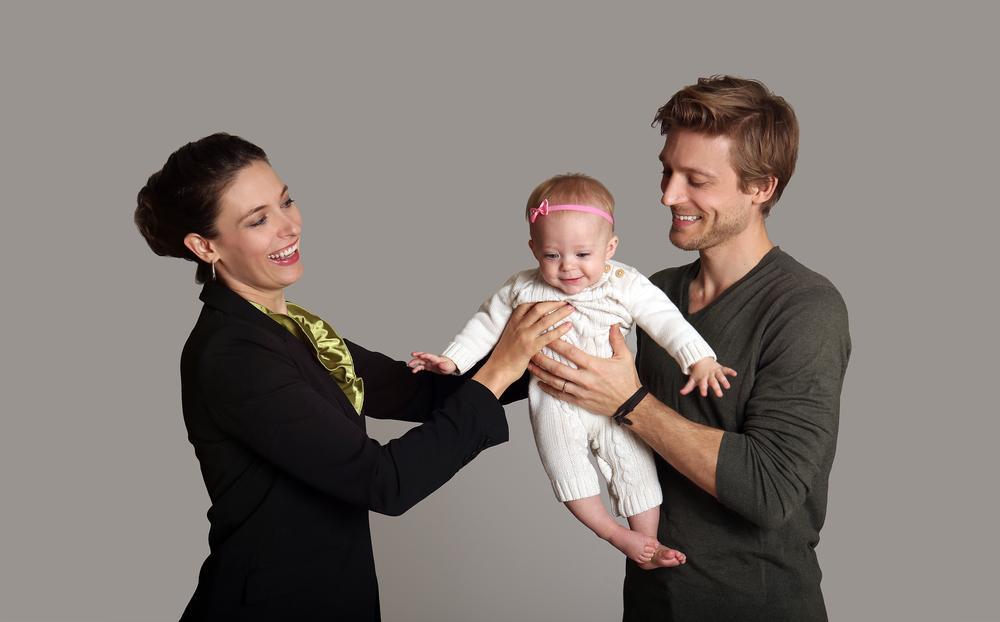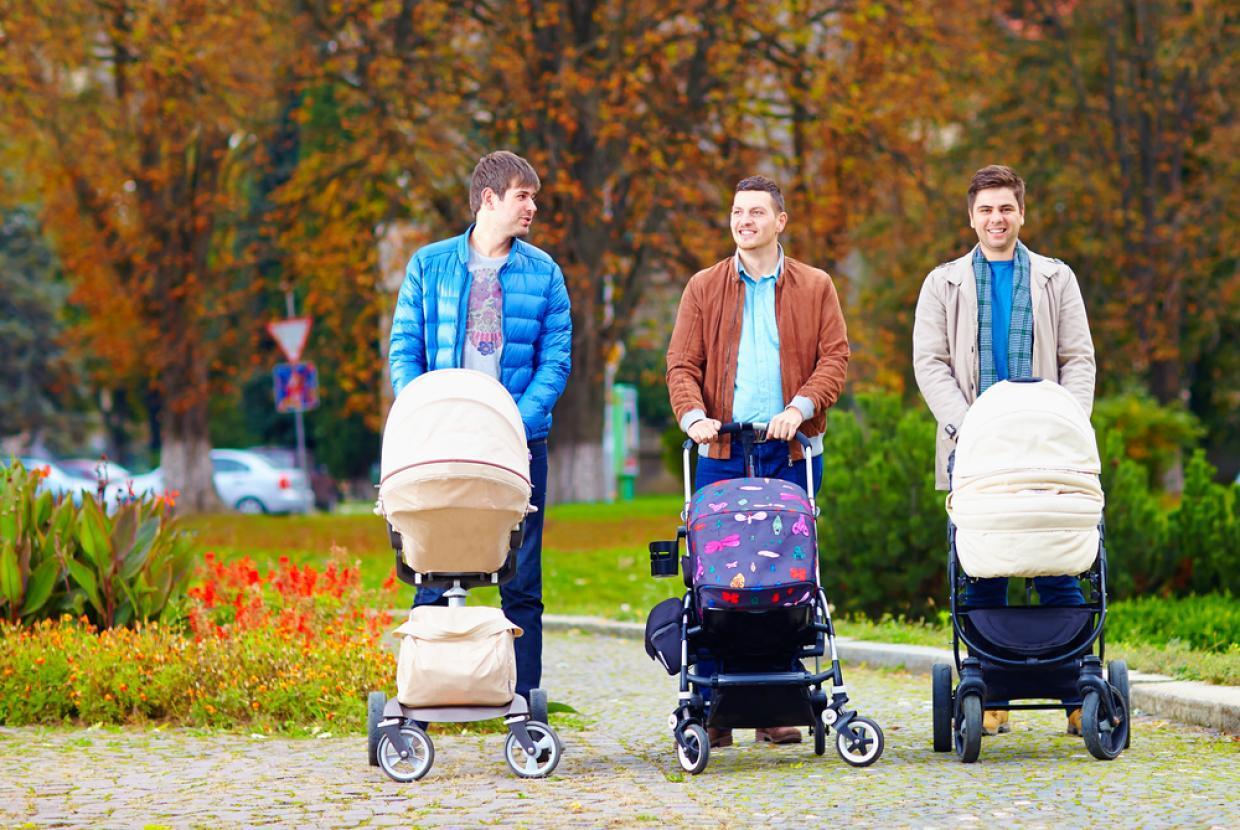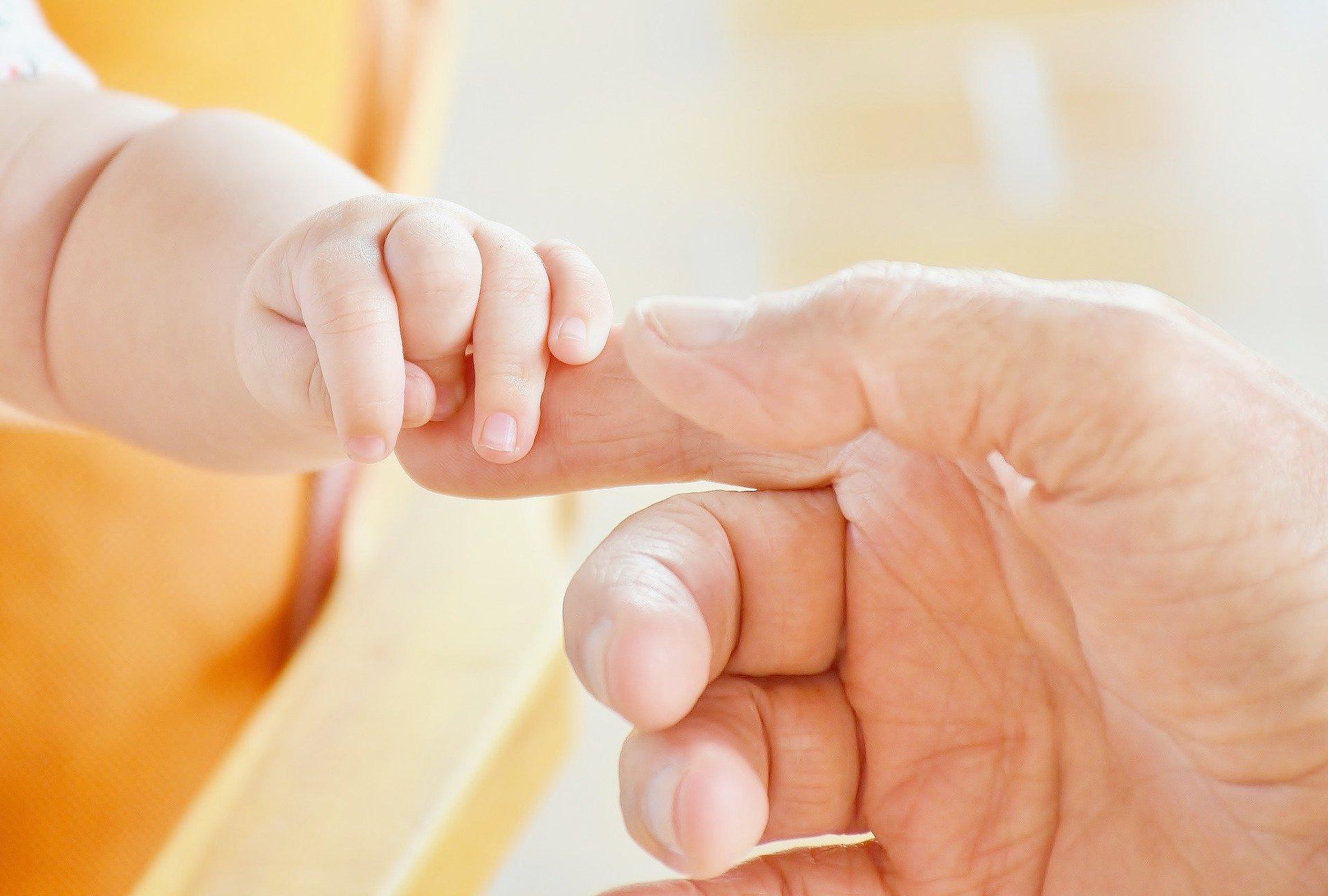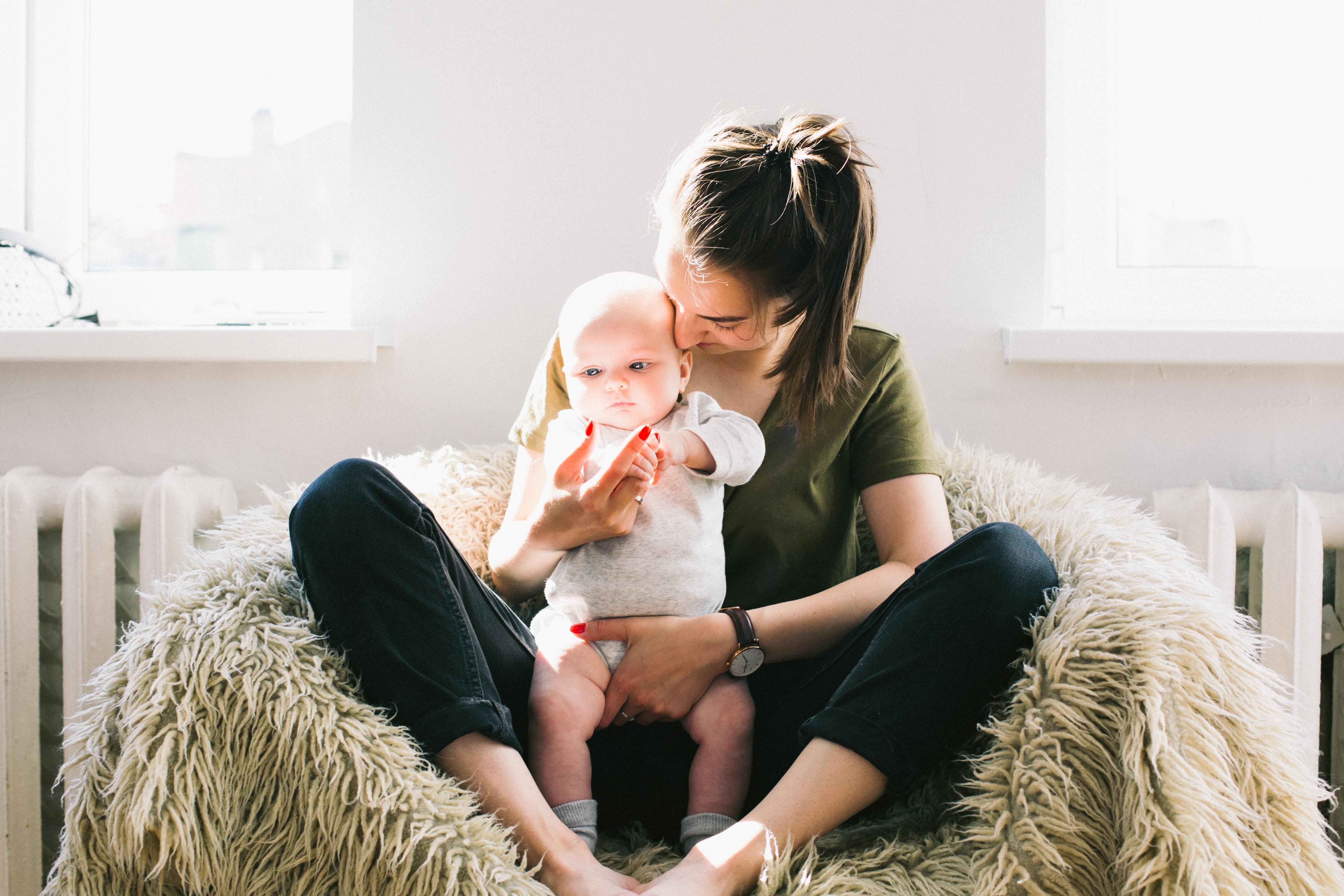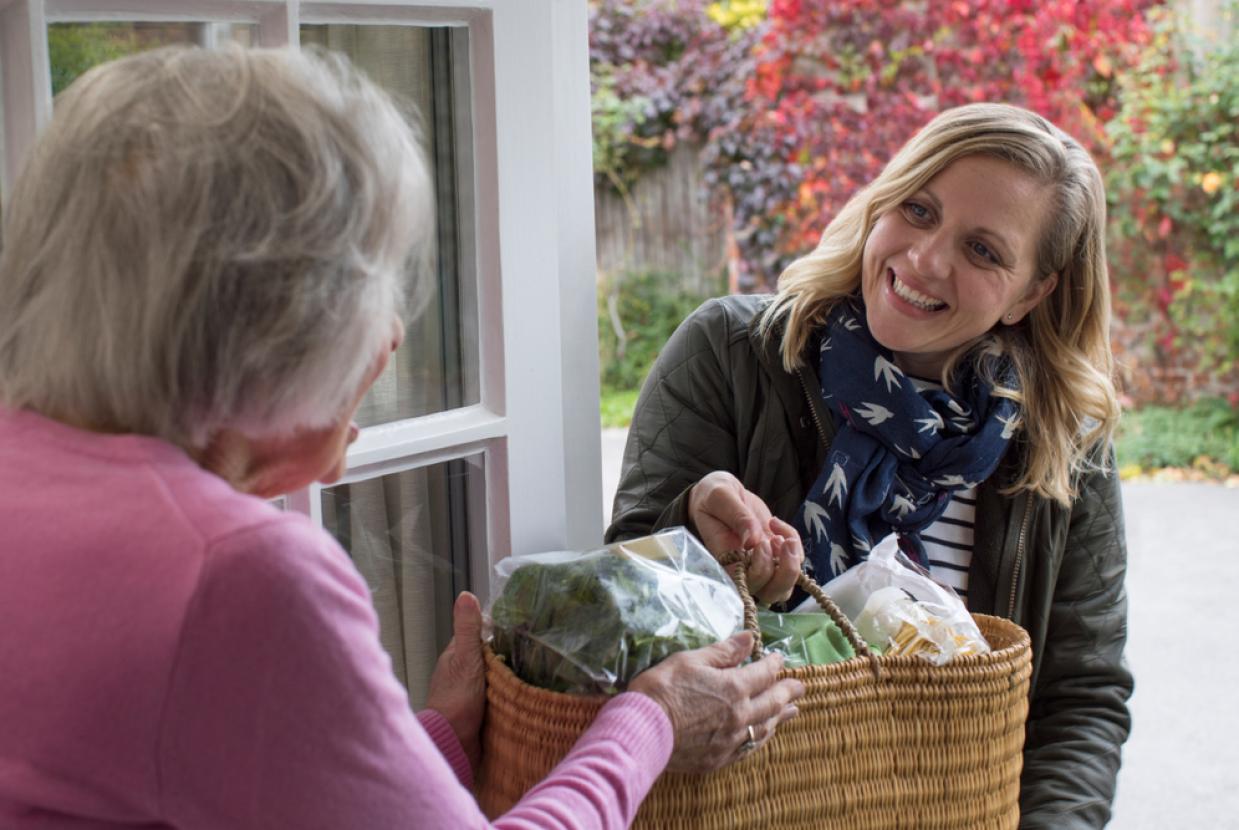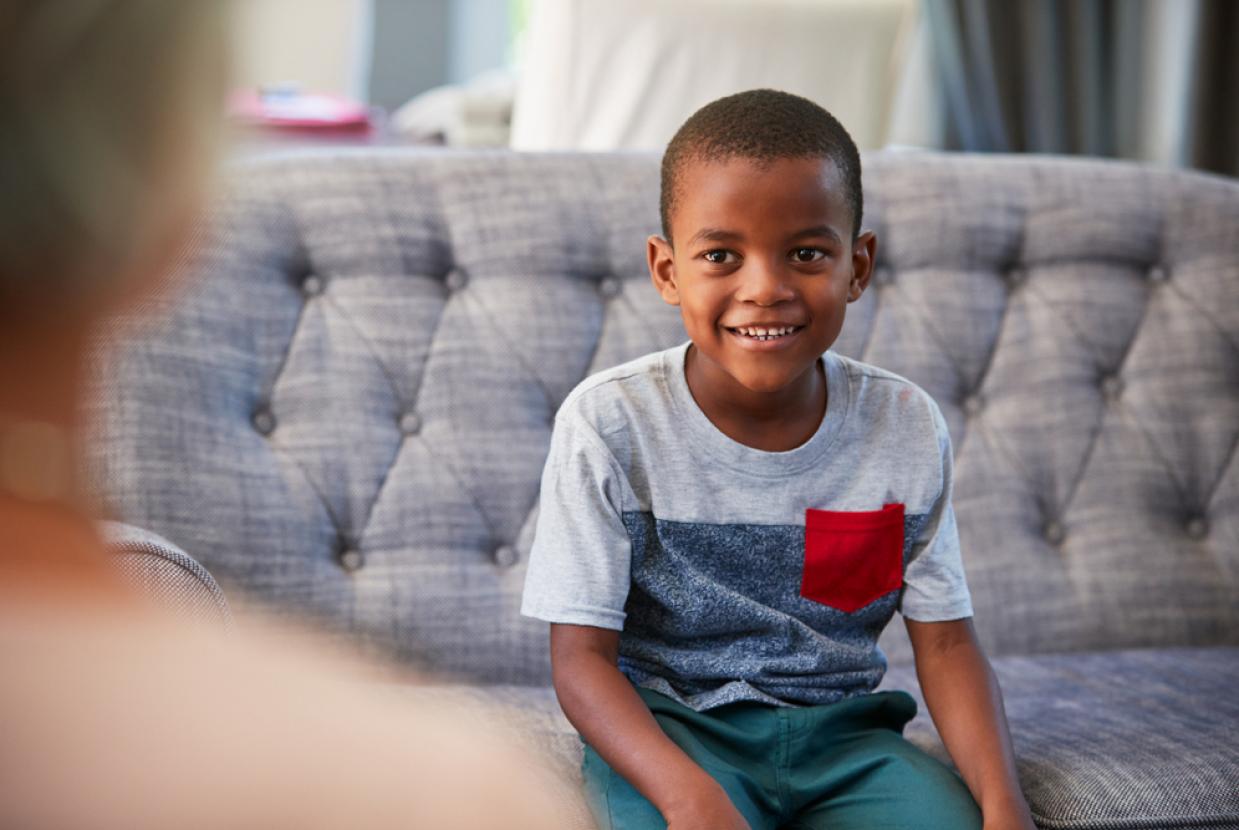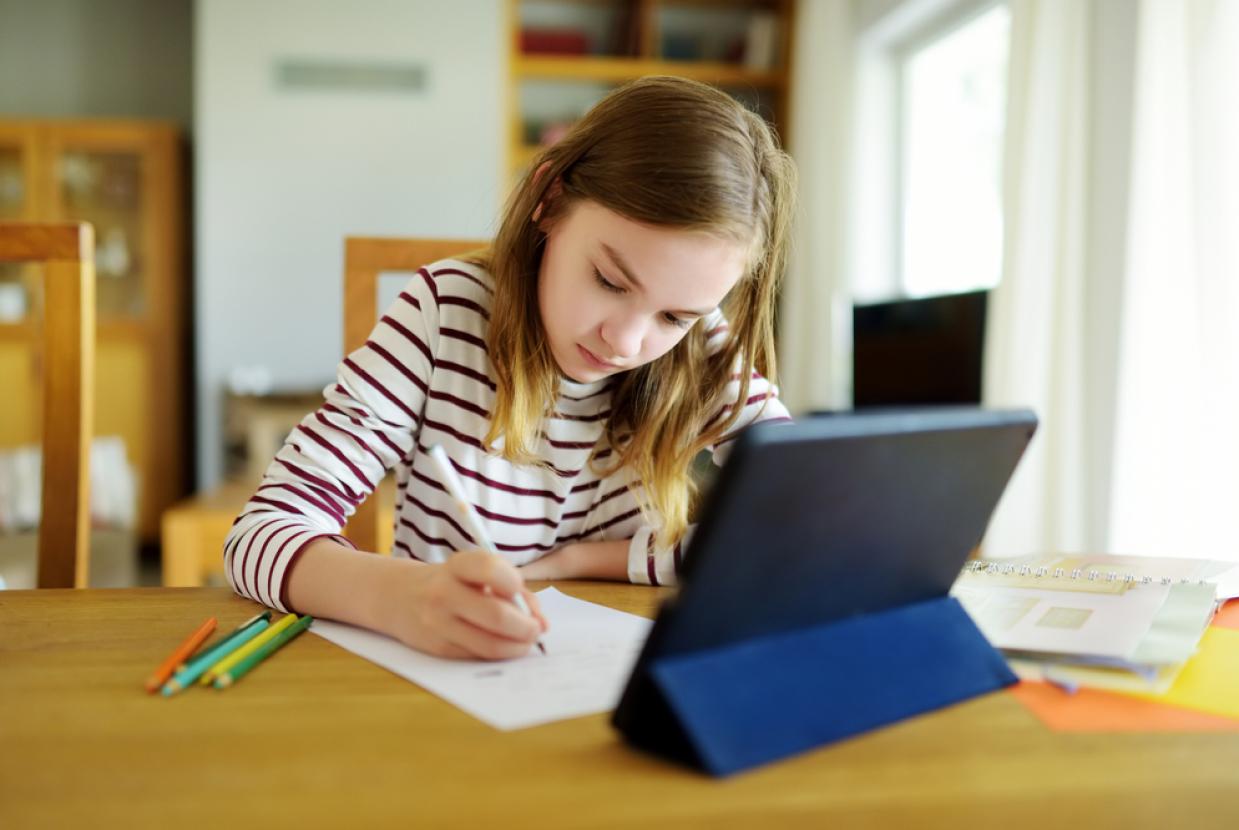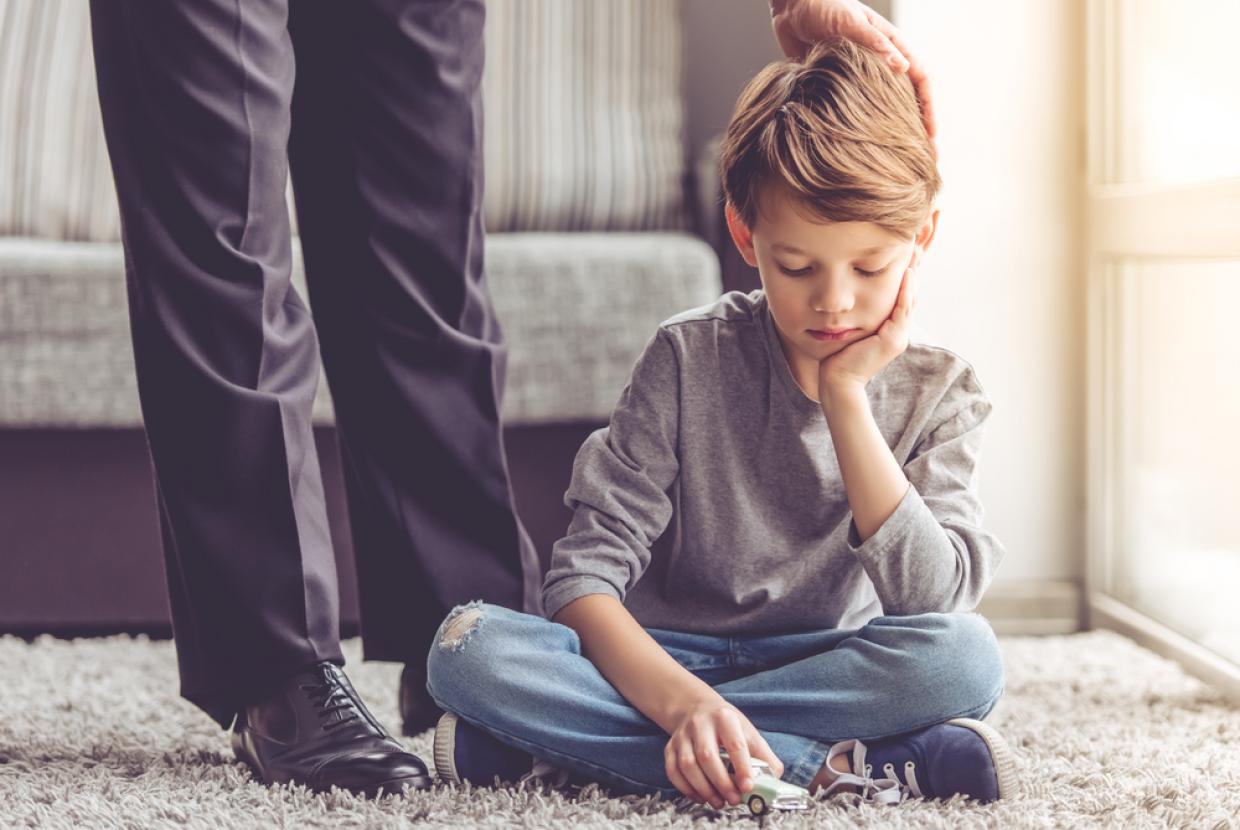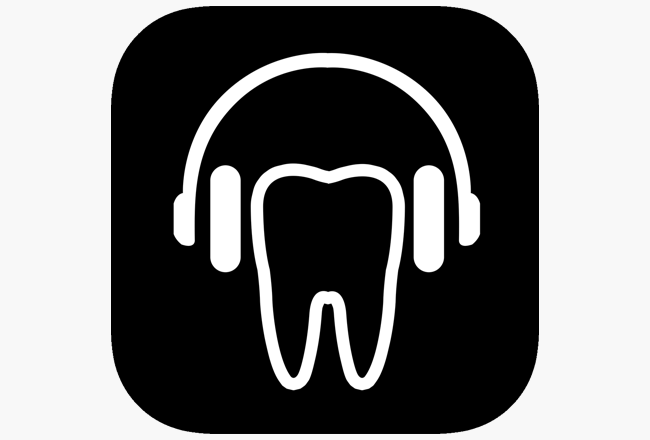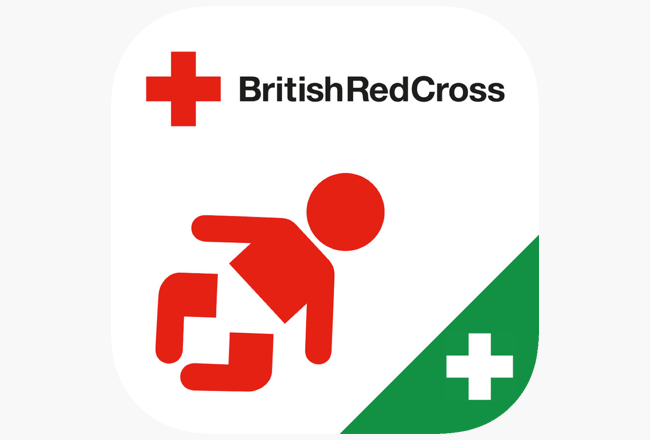The National Child Measurement Programme
As part of the National Child Measurement Programme, children are weighed and measured at school. The information is used by the NHS and your local council to plan and provide better health services for children.
What happens in the child measurement programme?
If you have a child in reception (ages 4 and 5) or year 6 (ages 10 and 11), you'll receive a letter with more information from your local council before your child is measured.
On the day, trained staff will weigh your child and measure their height while they're in their clothes at school. They'll make sure the measurements are done sensitively and in private, and your child's results will not be shared with teachers or other children.
Why is it important that my child is measured?
Your child's measurements will be used to check they're in the healthy weight range. If your child is above a healthy weight, you can get support from your local council or NHS services.
Your child does not have to take part, but every child who's measured is contributing to the national picture about how children are growing. The more children who take part, the clearer that picture will be. The information collected helps your local NHS and local council plan and provide better health services for the children in your area.
How do I find out my child's results?
In some areas, parents will automatically be sent their child's results in the post. In other areas, parents will need to contact their local council to find out their child's measurements.
The letter sent by your local provider before the measurements take place will explain how you'll be informed about your child's results.
If you already know your child's height and weight and want to know if they're a healthy weight for their age, height and sex, you can check using the healthy weight calculator. It can be used by everyone in your family.
If you're concerned that your child might be underweight or above a healthy weight, speak to a GP, school nurse or health visitor, who can offer advice and support.
Why do we need to take the measurements?
The body mass index (BMI) measure used by healthcare professionals is a good way of finding out whether a child is a healthy weight. By comparing your child's weight with their age, height and sex, we can tell whether they're growing as expected.
This is something you may have done when your child was a baby using the growth charts in the Personal Child Health Record (red book). Once your child's BMI has been calculated, they'll be in 1 of 4 categories:
- underweight
- healthy weight
- overweight
- very overweight
About 1 in 5 children in reception are overweight or very overweight, rising to 1 in 3 in year 6. Because the number of overweight children has gradually increased, we've slowly become used to it.
It can be difficult to tell if your child's above a healthy weight as they may look similar to other children of their age. By recording their measurements, we can get an accurate picture.
Research shows that if your child is above a healthy weight now, they're more likely to be above a healthy weight as an adult, which can lead to health problems in later life. This measurement is an important way of checking how your child's growing.
Should I share these results with my child?
The results are sent to you, so the decision about whether to talk to your child about them is entirely yours.
Some parents or carers like to discuss the results with their child and then decide together whether to make any changes to the family's diet or activity levels. Others decide to make small changes without telling them. There's no right or wrong answer, and the decision depends on your individual circumstances.
Where can I get help?
If your child's results surprise or worry you, speak to a GP or school nurse for advice and support. Your local council should include a phone number with the results letter. You can call this if you want further information or advice from your local NHS.
Many parents have found the tips on the Better Health – healthier families website useful in helping them make small lifestyle changes to keep their child in the healthy weight range.
If your child's above a healthy weight, see advice for parents of overweight children. This can help you decide what steps to take and provides details about the help available.
Some parents also find it helpful to keep track of their child's growth by rechecking their child's BMI to see if they have moved towards a healthier range as they grow.




